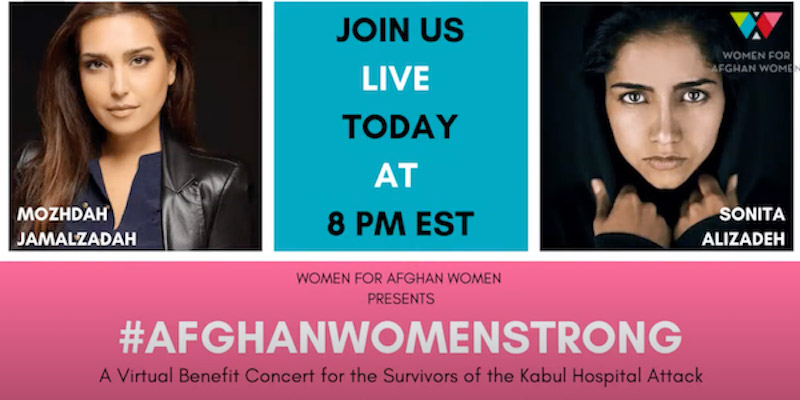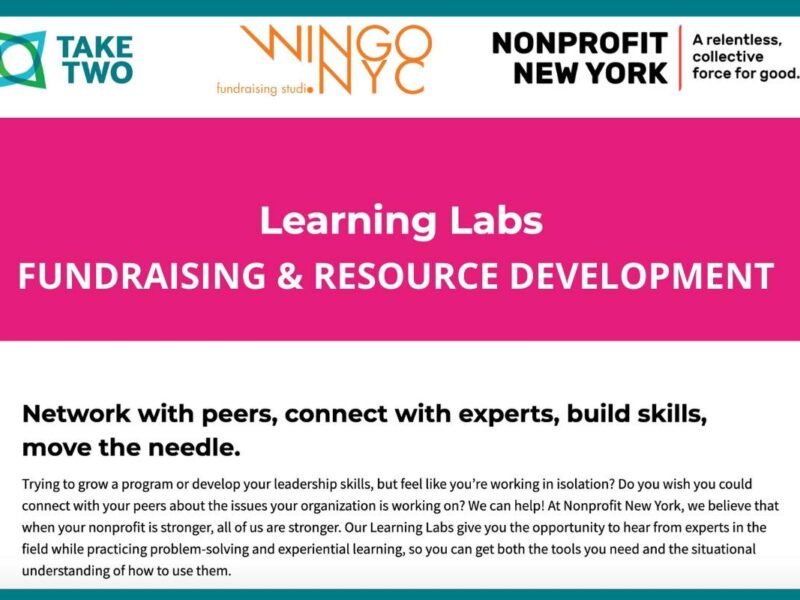
Survey Says…It’s All About Building Relationships
Last week, at a luncheon held by Women in Development, the guest speaker, Claire M. Costello, shared some insightful statistics on the current giving trends of major donors. “The 2014 U.S. Trust Study of High Net Worth Philanthropy” is conducted annually by U.S. Trust and The Lilly Family School of Philanthropy at Indiana University. It’s interesting stuff and worth a read.
These are some of my favorite statistics shared:
- 85% of wealthy donors plan to give as much (50%) or more (35%) in the next 3 to 5 years – up from 76% who said they planned to give as much or more in 2012. The reason behind the commitment? Increased financial capacity (85%) and the perceived need of the nonprofits or causes they support (48%). So keep telling your donors about the good work you are doing and how you could do even more – with more funding.
- Wealthy donors who volunteered in 2013 gave 73% more on average than those who did not volunteer. The report also found that giving among wealthy donors who volunteered increased 23% on average from 2009 to 2013.
- When asked why they stopped giving to a charity they previously supported, the top reasons wealthy donors cited were receiving too many solicitations or being asked for an inappropriate amount (42%).
- Slightly more than half of wealthy donors monitor or evaluate the impact of their giving (53%) and 80% of these folks do so by engaging directly with the organization for this information.
Statistics like this reinforce the number one rule in fundraising – it is all about building relationships. Donors want to give and they have the money to give generously. But, to keep giving, they need to feel involved and invested. They need communication – to hear about the good work that is being supported through their dollars. They need opportunities to get involved, volunteer, and share their expertise. They need to believe in the organization’s leadership and team. But, the communication and cultivation has to be genuine, professional, and not overdone.
It is up to the Executive Director and Development Director, with the support and guidance of the Board of Directors, to provide these critical things to major donors. And if you get it right – the statistics say – you will have generous and loyal major donors -which is good news for everyone.
Want to talk more about major donors? Join me and colleagues at the Center for Nonprofit Success’s upcoming workshop “An Intro to Major Gifts” taking place this Thursday, February 12th in New York City.





